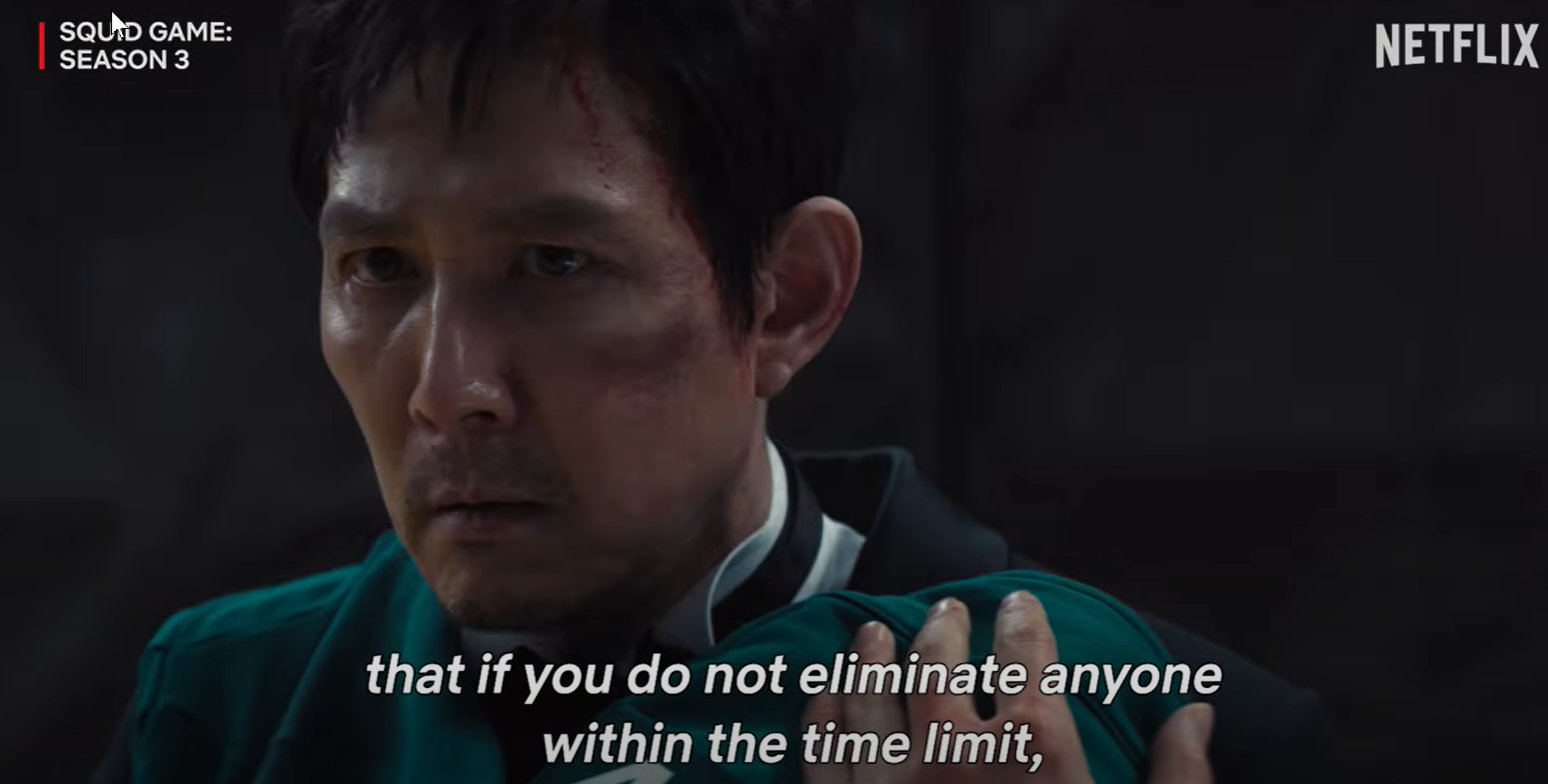“THEIR ONE MISTAKE: RETURNING TO INDONESIA!” is the sharp title of Peter F. Gontha’s piece, a poignant reflection on the irony behind the hopes placed on the nation’s best and brightest. The article highlights how many Indonesian talents who shine on the global stage, after absorbing values of integrity and high professionalism from leading universities worldwide, feel reluctant or even threatened when they return to their homeland. Those expected to bring about change often face a “harsh system” that crushes their good intentions.
Indonesia is rich in intelligent human resources. Every year, hundreds of our young people gain entry into world-class educational institutions like Harvard, Oxford, or MIT. They return armed with cutting-edge knowledge, a spirit of innovation, and high integrity. However, instead of being welcomed with a red carpet and a space for creativity, some of them face a bitter reality: a system that seems unprepared to receive the idealism and high standards they bring. This phenomenon raises a crucial question: why do the nation’s best talents feel that returning home is a risk?
Systemic Diagnosis: The Trap of Dysfunctional Governance
Peter F. Gontha bluntly states, “their one mistake: returning to Indonesia.” This is not merely a sentiment, but a reflection of a pattern seen in several real cases, reflecting dysfunctional governance and a lack of meritocracy.

Systemic: The Trap of Dysfunctional GovernanceTake, for example, Thomas Lembong, a world-class economist and Harvard graduate who served as a minister and strived to maintain integrity, but whose name was later dragged into a legal case that the public found puzzling. There is also Hotasi Nababan, a highly integrated professional who got caught in a legal case at a State-Owned Enterprise (BUMN). According to Gontha, this was not due to personal bad intentions but because of a system that did not support or even entrapped him.
These cases are exacerbated by other instances that have drawn public attention. Arcandra Tahar, a world-class oil and gas expert and Texas A&M University graduate, was removed from his position as Minister of Energy and Mineral Resources (ESDM) in just 20 days due to a dual citizenship issue. Although his expertise was recognized and he later returned to contribute, the incident shows how rigid and “brutal” our system can be regarding complex administrative details.
Even figures like Nadiem Makarim, a Harvard Business School graduate who successfully built Gojek and then became Minister of Education, were not exempt from these systemic challenges. Despite bringing the spirit of Merdeka Belajar (Freedom to Learn) and groundbreaking initiatives, he also faced bureaucratic friction, harsh criticism, and most recently, allegations of laptop procurement corruption that implicated his ministry. Similarly, Gita Wirjawan, despite a successful career in both the public and private sectors, experienced political and bureaucratic dynamics that often did not align with global standards.
The professional and political environment in Indonesia is often characterized by:
- Frozen and convoluted bureaucracy: Hindering innovation and efficiency.
- Feudal culture and cronyism: Promotions and positions are often based on seniority or personal connections, not meritocracy. Visionary young talents are seen as a “threat” to the status quo of old networks.
- Transactional politics and corruption: Decisions are based on personal interests, compounded by the practice of irregular procurement of goods and services, rife with bribes and interference from those in power. Vendors win tenders by bribing, not by offering the best quality, leading to waste of state budget and poor project quality.
- A legal system that can be twisted: Selective law enforcement that can be easily manipulated by power or certain interests, often ensnaring honest individuals.
This is also reflected in specific sectors. For example, doctors who graduated from top universities in Singapore, the US, UK, or Australia often face significant difficulties practicing in Indonesia due to complex adaptation regulations, issues with degree recognition, and the power of professional associations that limit the entry of new expertise. Those who have absorbed advanced knowledge from abroad often do not get suitable assignments, are blocked by seniors, and do not receive adequate salaries, a stark contrast to the meritocracy in a country like Singapore.
Call for Reform: Preventing ‘Heart Drain’
Given this condition, it is time we realize that this country must change. Reform is not just about the economy or bureaucracy, but more fundamentally, about how the nation treats its integrity and its best talents. We cannot allow the narrative that returning to Indonesia is the highest risk for young professionals who want to do good.
The state should embrace them, not suspect them; protect them, not imprison them; and encourage them to build, not scare them away from returning. The system must be adaptive, transparent, and meritocratic. Otherwise, the “brain drain” that is already a problem will turn into a “heart drain” – not just the brains leaving, but also the hearts and hopes.
Challenge for Leaders: Protecting National Integrity

This is a direct challenge to the national leadership. The President, parliament, law enforcement officials, and BUMN leaders must answer a crucial question: Where will this nation go if its best people continue to be broken by its own system? If a Harvard graduate or a world-class professional fears returning home for fear of being criminalized, getting caught in bureaucratic red tape, or being thwarted by cronyism, then something is profoundly wrong with how we are building this nation.
We must create a climate that not only values intelligence but also protects integrity and provides space for those who want to work correctly, without fear. This means upholding true meritocracy, eradicating corruption at all levels, including procurement, and simplifying regulations so they do not hinder the contribution of our best talents.
Conclusion and Reflection
We must not allow the young generation of Indonesians currently studying abroad to conclude that their biggest mistake would be if one day they decided to return home. If that happens, we will not only lose great potential but also the future of this nation. Let’s create an Indonesia that truly becomes home for every one of its children, a place where integrity and good intentions are valued, not crushed. We need a revolution in governance to ensure that returning to Indonesia is an honor and an opportunity, not a risk.




